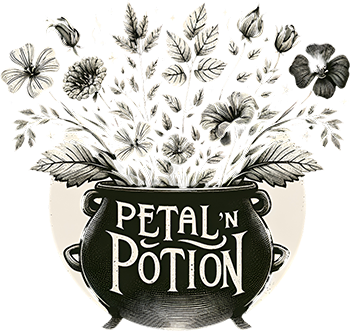R h o d i o l a R o s e a
Rhodiola rosea, also known as Arctic root or golden root, is a perennial flowering plant found in cold regions of Europe and Asia.
It has been used for centuries in traditional medicine to enhance physical endurance, combat fatigue, and improve resilience to stress.
Benefits
- Stress Reduction: Acts as an adaptogen, helping the body adapt to stress and reducing cortisol levels.
- Enhances Mental Performance: Improves cognitive function, focus, and memory.
- Combats Fatigue: Boosts energy levels and reduces symptoms of fatigue.
- Boosts Physical Endurance: Enhances physical performance and stamina.
- Mood Improvement: Alleviates symptoms of depression and anxiety.
- Antioxidant Properties: Provides antioxidants that protect cells from oxidative stress and damage.
- Supports Heart Health: Helps reduce stress-induced damage to the heart and improve cardiovascular health.
- Immune Support: Enhances immune function and helps the body fight off infections.
- Anti-Inflammatory: Reduces inflammation and benefits conditions like arthritis and other inflammatory diseases.
- Weight Management: May help support weight loss by reducing stress-related eating and boosting energy metabolism.
Active Compounds
- Rosavins (Rosavin, Rosin, Rosarin): The primary active compounds responsible for the adaptogenic and stress-relieving effects.
- Salidroside: Contributes to rhodiola’s antidepressant and anti-fatigue properties.
- Phenolic Acids: Provide antioxidant protection and support overall health.
- Flavonoids: Offer additional antioxidant and anti-inflammatory benefits.
- Terpenoids: Enhance the plant’s therapeutic effects.
Who Should Avoid This
- Individuals with Allergies: Those allergic to rhodiola or related plants should avoid it.
- Pregnant and Nursing Women: Generally considered safe, but it is advisable to consult a healthcare provider before use.
- Individuals with Bipolar Disorder: Should use caution, as rhodiola may provoke manic or hypomanic episodes.
- Individuals on Medication: Particularly those taking antidepressants or blood pressure drugs should consult a healthcare provider to avoid interactions.
Warnings
While Rhodiola rosea offers numerous health benefits, some precautions and potential side effects should be considered:
- Insomnia: High doses or late-day consumption may cause insomnia due to its stimulating effects.
- Allergic Reactions: Can cause allergic reactions in some individuals.
- Pregnancy and Breastfeeding: Generally considered safe, but consult a healthcare provider before use.
- Interactions with Medications: May interact with certain medications, including antidepressants and blood pressure drugs.
Usage Guidelines
Rhodiola rosea can be used both short-term and long-term, depending on the condition being treated. For acute issues such as mental fatigue or stress, it is typically used until symptoms improve. For ongoing benefits such as stress reduction, improved cognitive function, or general wellness, longer-term use may be appropriate but always under the guidance of a healthcare professional. Always consult with a healthcare provider to determine the correct dosage and duration for your specific needs.
